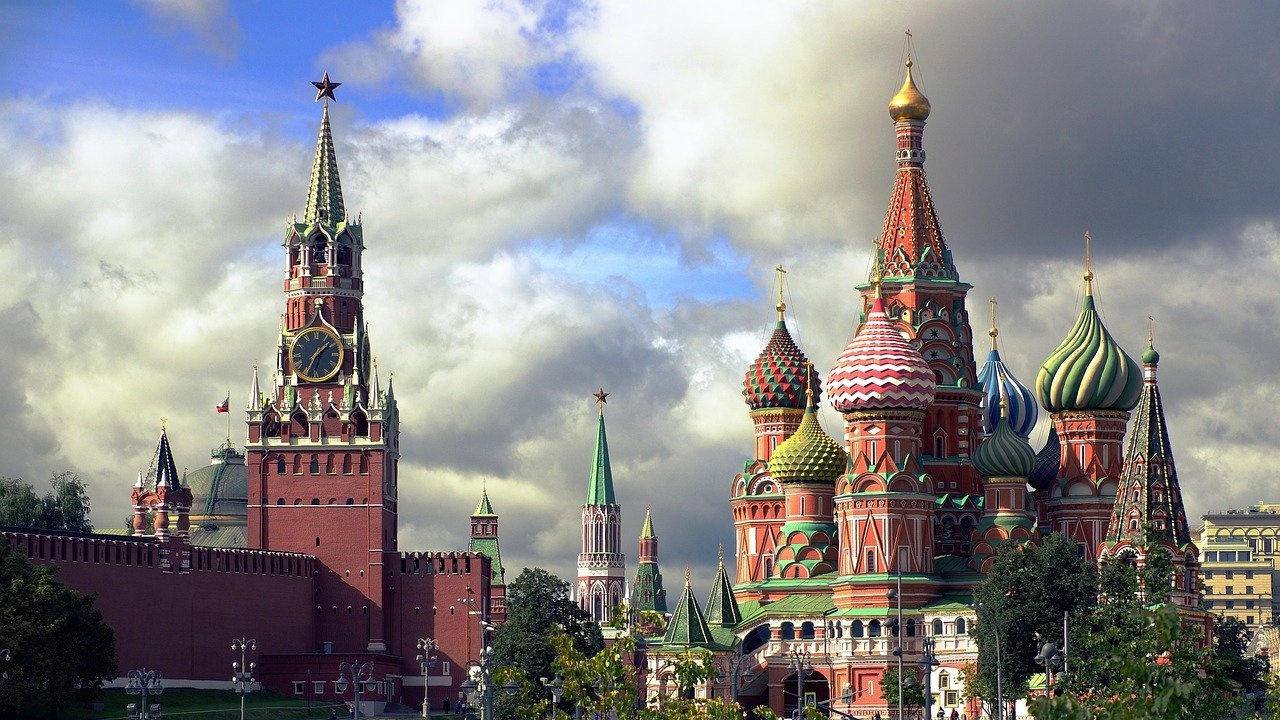Listen to the news
Russia is on track to annex about 15% of Ukraine's territory within days after it said residents of four occupied regions voted to secede from Kyiv and join Moscow, the British newspaper The Independent reported, citing BTA .
The publication quoted the speaker of the upper house of the Russian parliament as saying that the Kremlin could take steps to join the four separatist territories into the Russian Federation on October 4, just three days before Vladimir Putin's 70th birthday (October 7).
On the occasion of the results of the referendums held in the occupied Ukrainian territories, there were celebrations in Moscow, messages such as "Donetsk, Luhansk, Zaporozhye, Kherson - Russia!" were read on a giant screen in Red Square, "Independent" adds.
Ukraine demands that the EU ban the insurance of Russian marine oil
In this regard, the London daily "Guardian" reported on the official request by the Russian-appointed leaders of Luhansk, Donetsk, Kherson and Zaporozhye regions in Ukraine to President Vladimir Putin to annex the occupied territories to Russia.
The Russian Foreign Ministry said action would soon be taken to respond to the "aspiration" of the four occupied Ukrainian regions to become part of Russia.
After they were annexed, the Russian leadership said it would view attacks on Russian-controlled areas as a direct attack on Russia, the Guardian reported.
This is despite continued condemnation by the West of referendums held in these territories, sometimes at gunpoint, as "illegal" and "fake".
The American "New York Times" also dwells on the showiness demonstrated, aimed at giving legitimacy to the annexation of territories by Moscow, with which pro-Russian proxies in the occupied regions of Ukraine called yesterday on President Vladimir Putin to annex the regions.
Russia stops issuing passports to mobilized citizens
The annexation demands lent an orderliness and formality at odds with the chaos facing Russian leaders both on the battlefield, where they continue to suffer losses, and at home, where tens of thousands of Russians are fleeing the country to avoid mobilization. notes the newspaper.
An article about the crisis surrounding Ukraine by the Russian ambassador in Washington, Anatoly Antonov, was published in the publication "National Interest".
He points out that American politicians are mistaken if they think that Russia is not ready to defend Crimea or the territories that can join the country, "on the basis of the free will of the people".
Antonov also reminds that October marks the 60th anniversary of the Caribbean crisis, when "the USSR and the USA stood on the threshold of a nuclear conflict."
The ambassador calls not only Russia and the USA, but also the other nuclear states to confirm in a joint document that "there can be no winners in a nuclear war and it should never be started".
The "Washington Post" newspaper dwells on the crisis surrounding Ukraine in a report on the uncertain journey of Russian men fleeing mobilization.
The Western press also pays attention to the incidents with the two Russian gas pipelines that were damaged by explosions.
The New York Times notes that two days after explosions in the Baltic Sea tore apart giant gas pipelines from Russia to Germany, suspicions of sabotage intensified after the European Union and several European governments called the incident an attack and called for an investigation.
Experts said it could take months to assess and repair the damage to the Nord Stream 1 and Nord Stream 2 gas pipelines, which have been used as leverage in the West's confrontation with Moscow over Russia's invasion of Ukraine.
The news of a possible attack
The "Attack" party was created on April 17, 2005 in Sofia, officially registered in the Sofia against the pipelines increased the already strong fears of a painful shortage of energy in Europe in the winter, the newspaper said.
Britain's Guardian notes that politicians across Europe have warned that the alleged sabotage of the two Nord Stream gas pipelines could herald a new stage in a hybrid war targeting vulnerable energy infrastructure to undermine support for Ukraine.
Norwegian Prime Minister Jonas Gare Storre said Oslo would increase its military presence at its installations after Norway became Europe's biggest supplier of natural gas.
Natural gas prices rose on fears that Russia could cut off supplies to Europe via Ukraine, adding to problems caused by the failure of the Nord Stream gas pipeline in the Baltic Sea.
The Guardian reports that European leaders say sabotage is the most likely cause of the leaks on the two Nord Stream gas pipelines between Russia and Europe, after seismologists reported explosions around the routes in the Baltic Sea.
German authorities fear that Nord Stream 1 could become "inoperable forever" if the pipeline's leaks are not fixed quickly.
Sweden's national police launched an investigation into the leaks after authorities in Stockholm suggested the "explosions" were "likely a deliberate act".
Norway's foreign minister, Anikken Hvitfeld, said the explosions and gas leaks in the Baltic Sea caused "deep concern" for the Norwegian government.
Attack
Russia
